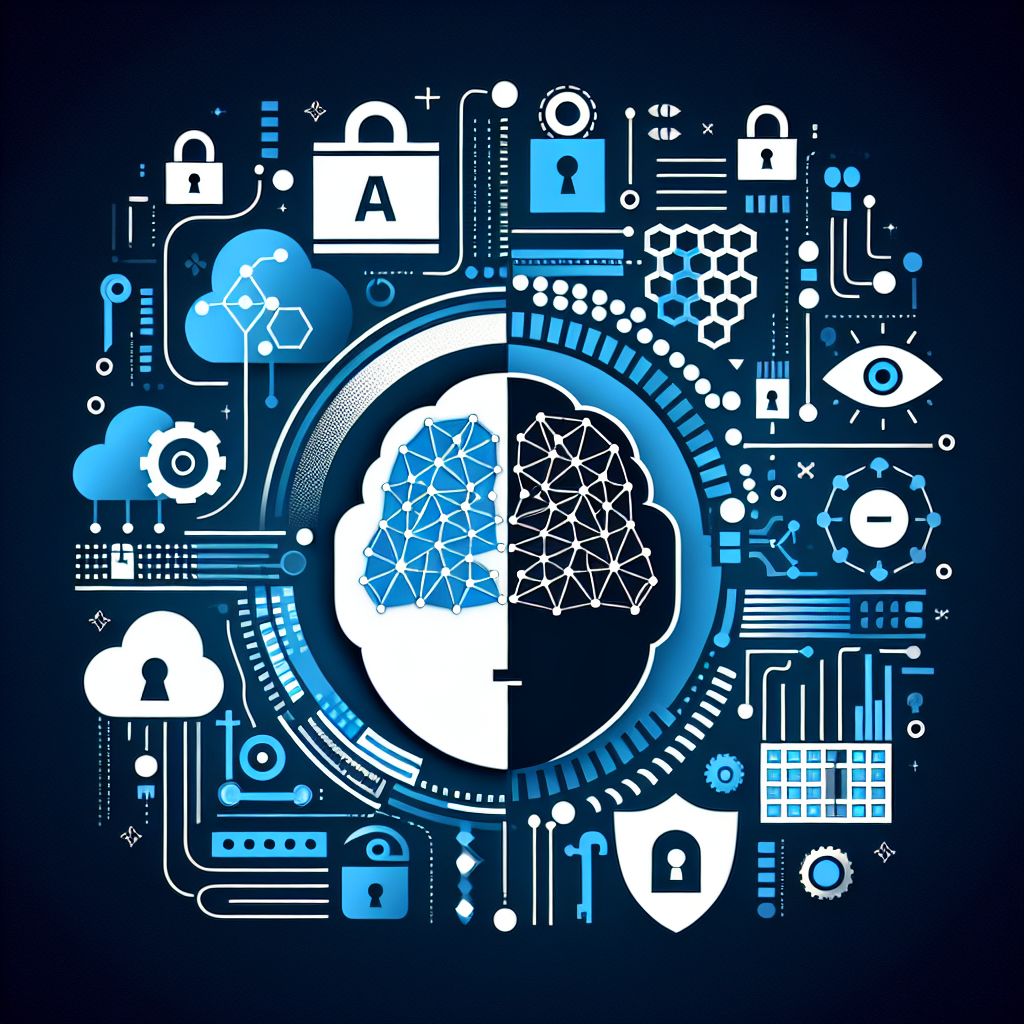Artificial Intelligence (AI) platforms have become an integral part of our daily lives, from virtual assistants to smart home devices and self-driving cars. These platforms use machine learning algorithms to analyze data and make decisions, often in real-time. While AI platforms offer many benefits, such as increased efficiency and productivity, they also pose security risks that must be addressed. In this article, we will explore the security implications of AI platforms and provide guidance on how to mitigate these risks.
The Security Risks of AI Platforms
AI platforms rely on vast amounts of data to operate effectively, and this data often contains sensitive information that could be targeted by cybercriminals. If an AI platform is compromised, it could lead to a variety of security breaches, including:
1. Data Breaches: AI platforms store large amounts of personal and sensitive data, such as financial information, medical records, and personal communications. If this data is not properly secured, it could be accessed by unauthorized users.
2. Manipulation of AI Models: AI platforms use machine learning algorithms to make decisions based on the data they are given. If these algorithms are manipulated or tampered with, it could lead to inaccurate or biased results.
3. Adversarial Attacks: Adversarial attacks are a type of cyberattack that involves manipulating input data to fool an AI system into making incorrect decisions. For example, an attacker could alter an image to trick a facial recognition system into misidentifying a person.
4. Privacy Concerns: AI platforms often collect and store large amounts of data about their users, raising concerns about privacy and data protection. Users may be unaware of what data is being collected and how it is being used.
Mitigating the Security Risks of AI Platforms
To mitigate the security risks associated with AI platforms, organizations and individuals should take the following steps:
1. Secure Data Storage: It is essential to encrypt sensitive data stored on AI platforms to prevent unauthorized access. Data should be stored securely and only accessed by authorized users.
2. Regular Security Audits: Organizations should conduct regular security audits of their AI platforms to identify and address potential vulnerabilities. This includes monitoring for unusual activity and implementing security patches and updates.
3. Implement Access Controls: Access to AI platforms should be restricted to authorized users only. This includes implementing strong authentication methods, such as multi-factor authentication, and limiting access to sensitive data.
4. Train Employees: Employees who have access to AI platforms should be trained on security best practices, such as how to recognize phishing scams and avoid clicking on malicious links.
5. Use Adversarial Defense Mechanisms: Organizations should implement adversarial defense mechanisms to protect against adversarial attacks. This may include using techniques such as input sanitization and robust machine learning models.
6. Privacy by Design: Privacy should be built into the design of AI platforms from the outset. This includes implementing data minimization practices and providing users with clear information about how their data is being used.
Frequently Asked Questions
Q: How can I protect my data on AI platforms?
A: To protect your data on AI platforms, it is essential to use strong passwords, enable two-factor authentication, and regularly update your software. Additionally, encrypting your data and limiting access to authorized users can help prevent unauthorized access.
Q: What are some common security threats to AI platforms?
A: Common security threats to AI platforms include data breaches, manipulation of AI models, adversarial attacks, and privacy concerns. Organizations should be aware of these threats and take steps to mitigate them.
Q: How can I ensure the security of my AI platform?
A: To ensure the security of your AI platform, it is important to regularly update your software, conduct security audits, and implement access controls. Training employees on security best practices and implementing privacy by design principles can also help protect your AI platform.
In conclusion, while AI platforms offer many benefits, they also pose security risks that must be addressed. By implementing best practices for data security, conducting regular security audits, and training employees on security awareness, organizations can mitigate the risks associated with AI platforms and protect their data from cyber threats.

